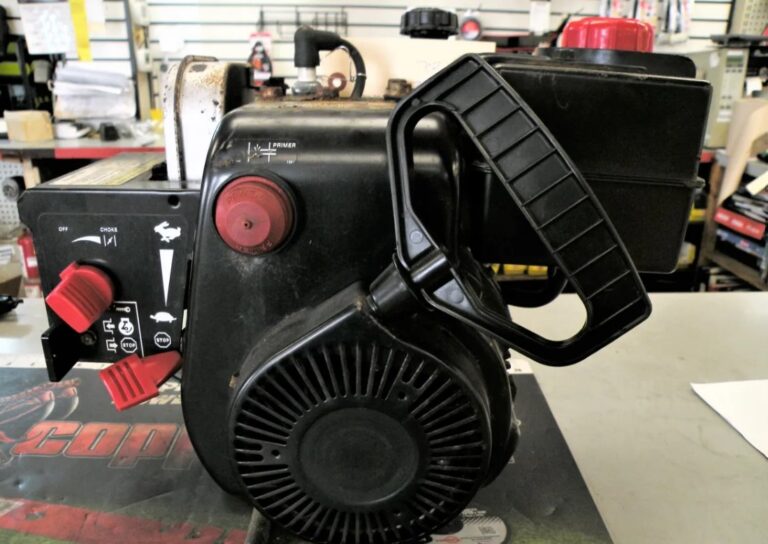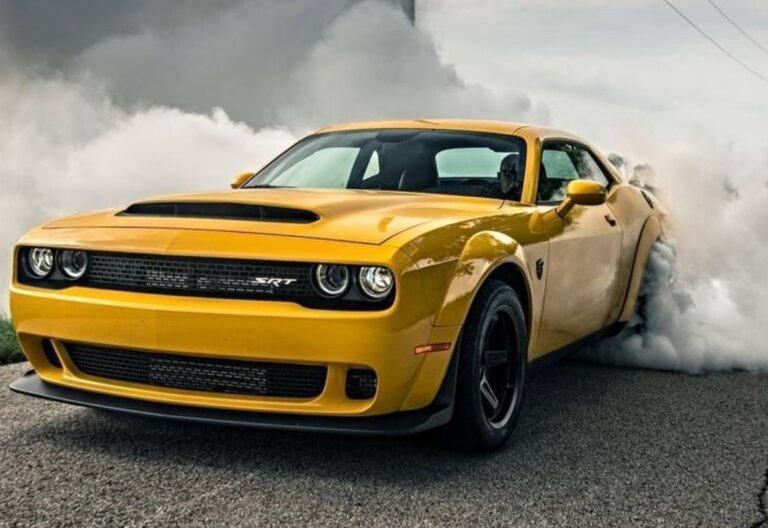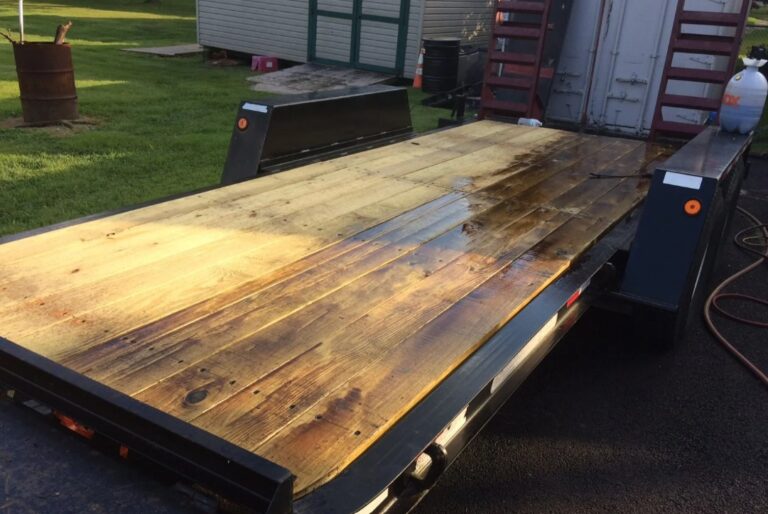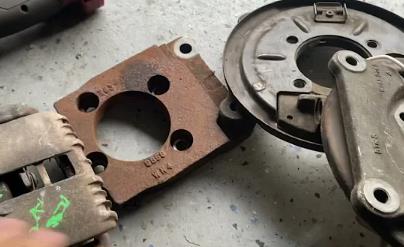Is Backfiring Bad For An Engine? Quick Answer
Are you looking for Is Backfiring Bad For An Engine? This question often arises among vehicle enthusiasts and everyday drivers alike. Backfiring, a loud bang or series of bangs coming from the exhaust or intake of the engine, raises concerns about potential damage to the engine.
Key Takeaways
- Backfiring is usually a sign of unburned fuel in the exhaust system.
- It can indicate problems like timing issues or a rich fuel mixture.
- Frequent backfiring may lead to engine damage over time.
- Regular maintenance can help prevent backfiring.
- Understanding the causes and effects of backfiring is essential for engine health.
Is Backfiring Bad For An Engine?
Yes, backfiring is bad for an engine. It indicates that the fuel-air mixture in the engine is not burning correctly, leading to potential damage to the engine and exhaust system over time. Regular maintenance is important to prevent and address backfiring.
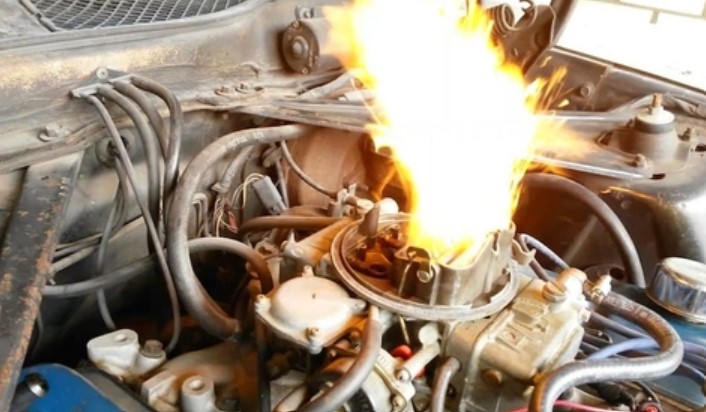
Causes of Engine Backfiring
Identifying the reasons behind engine backfiring is essential. Let’s explore the common causes.
Faulty Ignition System
A malfunctioning ignition system can lead to improper timing of the spark, causing fuel to ignite at the wrong time.
Rich Fuel Mixture
An overly rich fuel mixture, where there’s too much fuel compared to air, can cause unburned fuel to reach the exhaust system and ignite.
Exhaust System Leaks
Leaks in the exhaust system can allow air to mix with exhaust gases, creating conditions conducive to backfiring.
Effects of Backfiring on Engine Performance
Backfiring can significantly affect an engine’s performance. Here’s how:
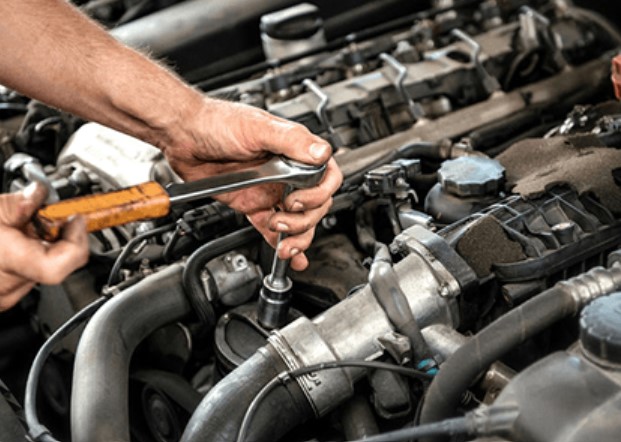
Reduced Engine Efficiency
Frequent backfiring can lead to reduced engine efficiency, as it indicates incomplete combustion and wasted fuel.
Potential for Engine Damage
While occasional backfiring might not be immediately harmful, consistent backfiring can lead to engine damage over time.
Preventative Measures
Regular maintenance is key to preventing backfiring. Ensuring timely servicing of the ignition system, fuel system, and exhaust can mitigate the risk of backfiring.
Impact on Vehicle Longevity
Understanding the correlation between backfiring and vehicle longevity is vital. Persistent backfiring can shorten the lifespan of an engine by causing undue stress and damage to engine components.
How to Diagnose Backfiring Issues?
Proper diagnosis is the first step towards resolving backfiring issues. Here are some methods:
Professional Inspection
Seeking a professional mechanic’s help for a thorough inspection is often the best course of action.
Self-Diagnosis Tips
For those familiar with vehicle mechanics, checking for common issues like spark plug health or exhaust leaks can be helpful.
Why Do Cars Backfire?
Cars backfire due to unburned fuel igniting in the exhaust system, rather than in the combustion chamber where it should burn. This can happen for several reasons: if the engine runs too rich (too much fuel in the air-fuel mixture), if there are issues with the timing of the ignition, or if there’s a problem with the spark plugs.
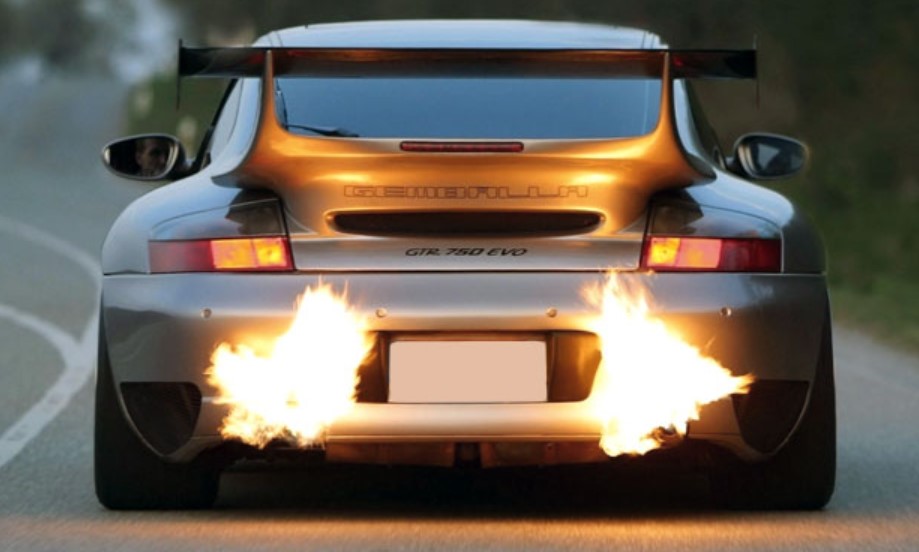
Additionally, backfiring can occur if the exhaust system has leaks, allowing oxygen to mix with the unburned fuel and causing it to ignite. It’s a sign that the engine is not running as efficiently as it should, and it indicates a need for maintenance or repair.
Why Do Cars Backfire When Shifting?
Cars backfire when shifting mainly due to timing issues in the engine. When gears are changed, especially in manual transmission cars, there can be a brief moment where the fuel and air mixture in the cylinders isn’t ignited properly.
This unburned fuel then passes into the exhaust system, where it ignites and causes a backfire. It’s more common in high-performance or modified cars, where drivers may be running their engines at higher RPMs, or in older vehicles with worn ignition systems. Improper tuning or adjustments to the engine can also lead to backfiring during gear shifts.
Is It Bad To Make Your Car Backfire On Purpose?
Intentionally making your car backfire is not recommended as it can be harmful to the vehicle’s engine and exhaust system. While it might seem appealing for the sound or spectacle, deliberately causing your car to backfire puts unnecessary stress on engine components.
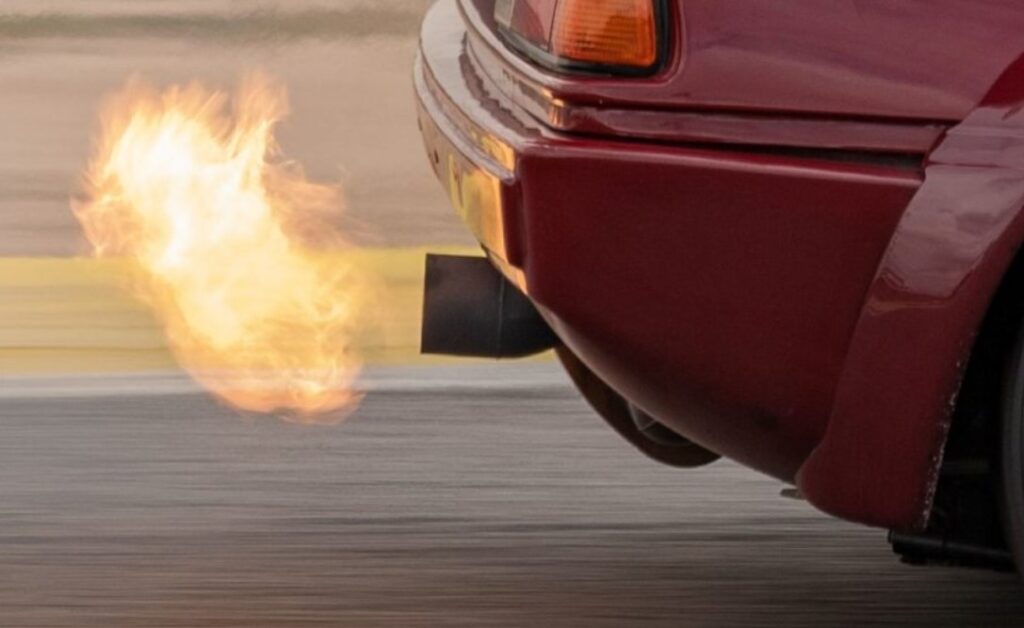
It can lead to premature wear and tear, especially on the exhaust system, and potentially cause significant damage over time. Additionally, intentionally causing backfires may be illegal in some regions, as it can be considered a form of noise pollution or a disturbance.
What To Do When Engine Backfires?
When your engine backfires, it’s essential to diagnose and address the issue promptly. Start by checking the most common causes, such as spark plugs, ignition timing, and the condition of the exhaust system. Ensure the fuel mixture is correct and not too rich.
If you’re not familiar with car maintenance, it’s advisable to take your vehicle to a professional mechanic. They can perform a thorough check and repair any issues causing the backfire. Regular maintenance and timely repairs are key to preventing backfires and keeping your engine running smoothly.
Conclusion
In summary, backfiring is not just a noisy inconvenience but a warning sign of potential engine issues. Regular maintenance and understanding the causes and effects of backfiring are crucial for ensuring engine health and vehicle longevity. Remember, addressing backfiring promptly can save you from more significant engine troubles down the line.
Frequently Asked Questions
How does a mechanic diagnose and fix backfiring issues?
A mechanic will typically start with a visual inspection and a diagnostic check to identify any error codes related to the ignition or fuel system. They may inspect the spark plugs, ignition timing, fuel mixture, and exhaust system for any signs of malfunction. Depending on the diagnosis, repairs may involve adjusting the ignition timing, replacing faulty components, or correcting the fuel mixture.
Is it safe to drive my car if it’s backfiring?
While driving a short distance with a backfiring car might not be immediately harmful, it’s not advisable to continue driving without addressing the issue. Backfiring indicates underlying problems that could lead to more severe engine damage or even pose safety risks.
Can backfiring occur in both petrol and diesel engines?
Backfiring is more common in petrol engines due to their ignition systems. Diesel engines operate differently and are less prone to backfiring. However, diesel engines can experience similar symptoms due to other issues, like delayed combustion.
Does backfiring mean my car is using more fuel than it should?
Backfiring can be a sign of a rich fuel mixture, where there is too much fuel relative to air in the combustion process. This means your car may be using more fuel than necessary, leading to decreased fuel efficiency.
Does backfiring mean my car is using more fuel than it should?
Yes, modifications to the exhaust system, such as installing an aftermarket exhaust or removing certain components, can lead to backfiring. These modifications can disrupt the proper flow of exhaust gases and the balance of the fuel-air mixture, resulting in backfires.

Welcome to the exhilarating world of Matt Rex, a professional car racer turned renowned vehicle enthusiast. Immerse yourself in his captivating blog as he shares heart-pounding adventures, expert reviews, and valuable insights on cars, trucks, jets, and more. Fuel your passion for speed and discover the beauty of vehicles through Matt’s engaging stories and meticulous expertise. Join the ever-growing community of enthusiasts who find inspiration and expert advice in Matt Rex’s blog—a digital hub where the thrill of speed meets the pursuit of knowledge.

